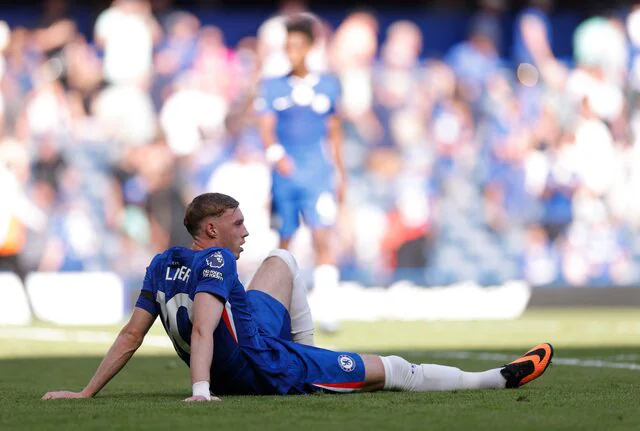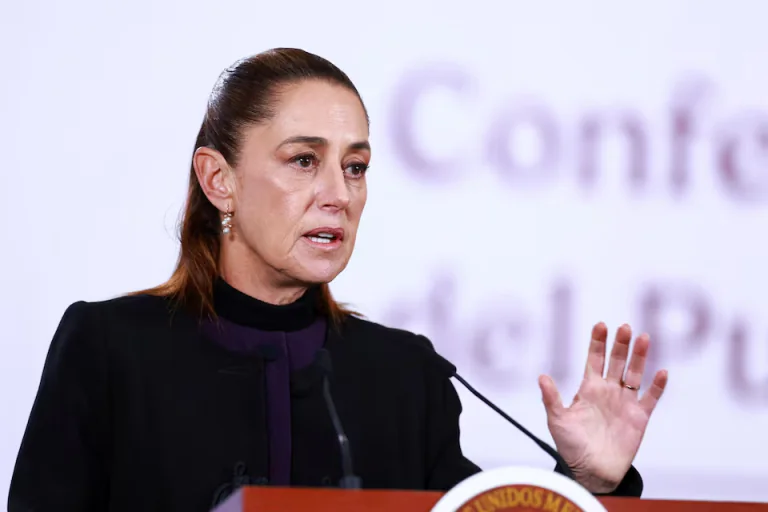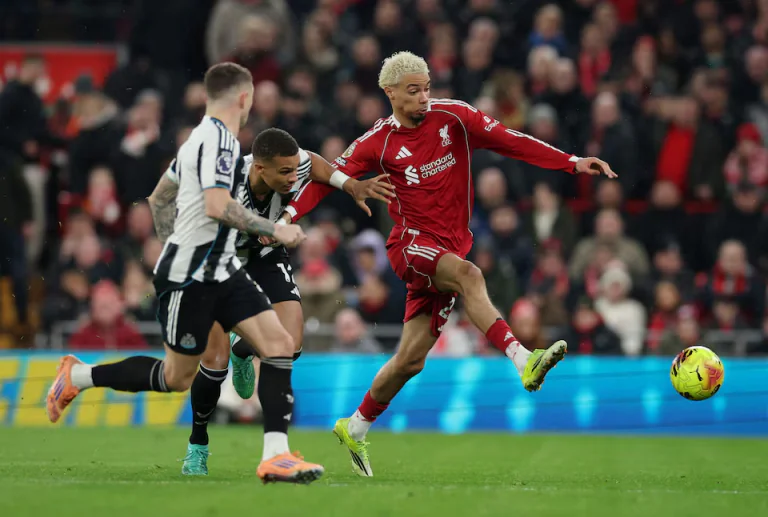

Global players’ union FIFPRO has issued a strong warning about the growing risks of burnout and injuries due to congested football calendars, urging governing bodies to urgently restructure schedules to allow for proper rest and recovery.
In its latest workload monitoring report for the 2024-25 season, FIFPRO revealed that players who participated in the expanded Club World Cup faced significantly shorter off-seasons, raising health and performance concerns.
Clubs such as Chelsea, Paris Saint-Germain, Real Madrid, and Manchester City had less than the recommended 28-day off-season. Chelsea and PSG, who reached the final, had under two weeks of preparation before the new season – less than half of the advised minimum.
FIFPRO’s concerns
- Cole Palmer (Chelsea/England): Could go three consecutive summers without a proper break if he plays at the 2026 World Cup. Already suffering groin injuries this season.
- Achraf Hakimi (PSG/Morocco): Played 69 matches last season, cutting his break to just 22 days.
- Moises Caicedo (Chelsea/Ecuador): Travelled nearly 25,000 km in just 14 days, playing four full matches for club and country.
FIFPRO’s high-performance consultant, Darren Burgess, said the combination of constant games, short off-seasons, and heavy travel was damaging players both physically and mentally:
“At worst it leads to injury, and at best it reduces capacity to perform.”
Comparing football to other sports
Unlike European football, U.S. leagues such as the NBA and MLB guarantee players 14-15 weeks off after a full season. In contrast, Europe’s top players often get only 3-4 weeks of rest.
Nottingham Forest striker Chris Wood highlighted how long-distance travel adds further strain:
“Sometimes I’m on a plane three hours after a game, travelling 30 hours to play for New Zealand. It doesn’t give your body time to adapt or recover.”
The bigger picture
FIFPRO board member Maheta Molango emphasized that the issue cannot be seen in isolation:
“We must look at consecutive seasons. Players are at breaking point, and the lack of off-seasons has become unsustainable.”
The report calls for urgent reform in how FIFA, UEFA, and domestic leagues coordinate competitions to protect player welfare.



